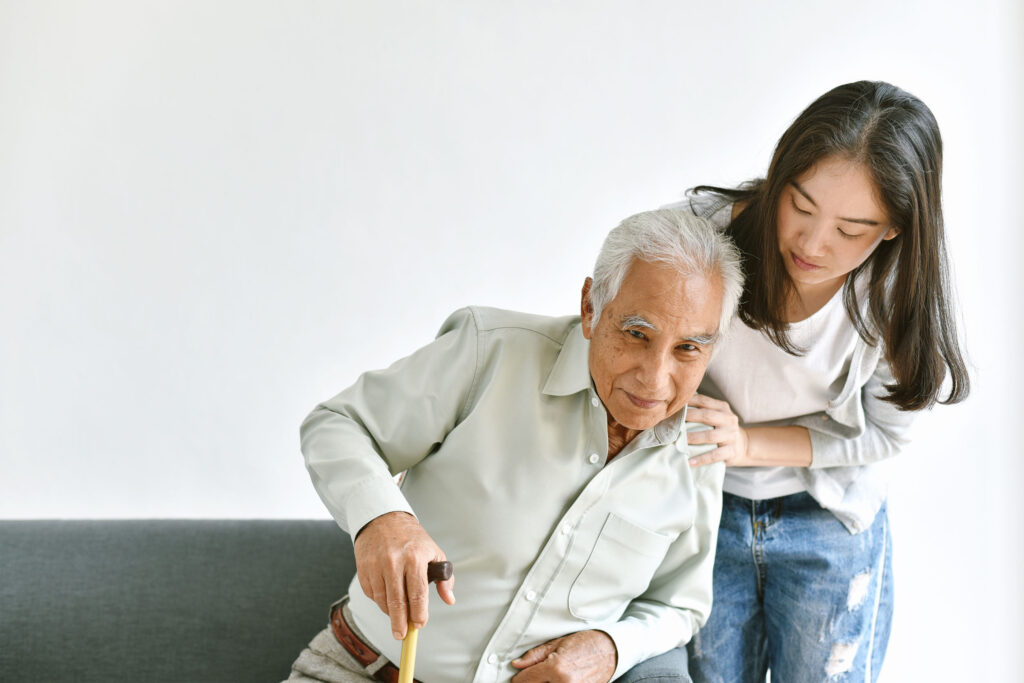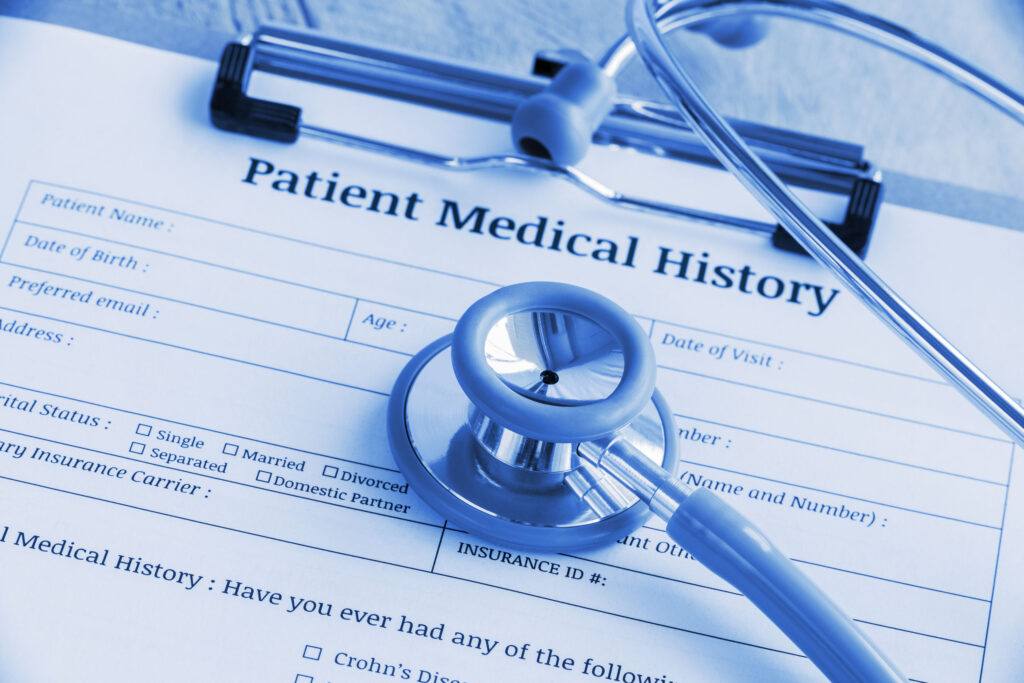
According to the Centers for Disease Control and Prevention (CDC), over 14 million, or 1 in 4 older adults, report falling every year. While many of these accidents occur at home, an alarming number occur inside long-term care facilities, too. The good news? Nursing home falls are largely preventable with the right accommodations and care.
To help bring attention to Fall Prevention Awareness Week (September 21 – September 25), Lerner and Rowe Injury Attorneys has put together the following guide for those concerned about their loved one’s safety inside New Mexico nursing homes.
Assessing Your Loved One’s Fall Risk
There are many myths about slip and fall accidents. For example, contrary to popular belief, falls are not just a normal part of getting older. The National Council on Aging has created a self-check tool to help assess the twelve risk factors that most commonly lead to falls in older populations, including:
- Having fallen in the past year
- Not using a cane or walker after being advised by a doctor to do so
- Feeling unsteady while walking (a sign of poor balance)
- Frequently using furniture to help steady themselves
- Needing to use their hands to push themselves up from a chair (a sign of weak leg muscles)
- Trouble stepping onto a curb or stair
- Increased need to use the bathroom (rushing to the toilet can increase fall risk)
- Numbness / reduced feeling in the feet
- Medication side effects such as feeling tired or light-headed
- Taking certain medications that help with sleep and mood
- Suffering from depression
If any of the above apply to your loved one, they may be at a higher risk for slip and fall injuries in or out of a nursing home.
Preventing Nursing Home Falls
According to a study published in the Annals of Long-Term Care, around 1,800 nursing home residents die as a result of falls each year. But it doesn’t have to be this way—nursing homes and other long-term care facilities can help mitigate falls risk by performing a more in-depth and hands-on assessment of each resident.
Professional Fall Risk Assessments
Contact your loved one’s nursing home directly and ask about their current practices for gauging fall risk. A comprehensive fall risk assessment should include all of the following:
- 30-Second Chair-Stand Test
- 4-Stage Balance Test
- Berg Functional Balance Scale
- Falls Efficacy Scale
- Timed Get Up and Go Test
- Tinetti Assessment Tool
Knowing which events and circumstances are most likely to cause a fall is key in helping to prevent them in the first place. Once a resident’s fall risk has been established, caretakers may more easily be able to avoid potential fall hazards.
There are plenty of other ways to ensure that your loved one gets the preventative care they need to avoid nursing home falls and the serious injuries that often result, including broken bones, spinal injuries, and traumatic brain injuries.
Obtaining a Thorough Medical History

Understanding each resident’s medical history and possible implications is instrumental in resident safety. For example, many older adults who report a fall may have fallen in the first place due to syncope (also known as fainting).
In many cases, the person who fell may not even realize they suffered an syncopal episode. Fainting can be caused by many factors, but especially certain medical conditions, as a side effect of certain medications, or because of getting up too quickly (known as orthostatic hypotension). Residents who have a tendency to get light-headed when sitting or standing up should take extra time changing positions from laying down to sitting to standing.
Good Diet and Nutrient Intake
It’s important for older adults to maintain a healthy, nutrient-dense diet. Find out what kinds of food options are available to your loved one and be sure to check in with them frequently regarding their appetite.
Vitamin D deficiencies are relatively common in nursing homes due to lack of time outdoors. Having enough vitamin D is crucial to the production of calcium. When calcium levels get too low, osteoporosis and muscle weakening are more likely, which can ultimately cause more nursing home falls. Check with your loved one’s doctor or nutritionist about supplementing their diet.
Proper Attire and Safety Gear
Nursing home residents should be provided with clothing that is both safe and comfortable. For example, your loved one should have properly-fitting, slip resistant footwear and be given a walker or cane to aid in stability if needed. Some older adults may also need helmets or hip protectors for additional safety.
Physical Therapy & Exercise
Is your loved one given adequate time and supervision to exercise? Staying as active as possible is crucial in maintaining balance and coordination and preventing falls. Nursing homes should offer physical therapy and exercise for all levels of mobility, making sure that residents have the opportunity to stay active.
What To Do If You Suspect Nursing Home Abuse or Neglect
When you move a loved one into New Mexico assisted living, you assume that they’ll be taken care of—but unfortunately, this isn’t always the case. Nursing home abuse and neglect is a silent epidemic, many of whose victims struggle to advocate for themselves.
If you or a loved one has concerns about treatment received at a long-term care facility, contact your local Long-Term Care Ombudsman. If you suspect nursing home abuse or neglect, report it as soon as possible by calling 1-866-451-2901.
If your loved one suffered a fall you believe was caused by the negligence of their caretakers or a poorly-maintained facility, you and your family could be entitled to financial compensation for medical bills, pain and suffering, and more, including cases of wrongful death.
Contact Lerner and Rowe Injury Attorneys today to get in touch with a New Mexico nursing home abuse lawyer. Our experienced and compassionate legal team offers free consultations to all prospective clients to help you determine if filing a personal injury claim is right for you. In addition, we don’t charge any fees unless we make a recovery on your behalf.
Call our Albuquerque office today at 505-544-4444. You can also connect with one of our LiveChat representatives standing by, or request your free case review using this form.



